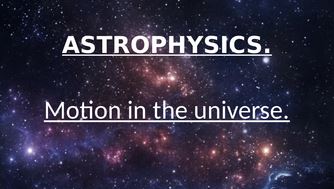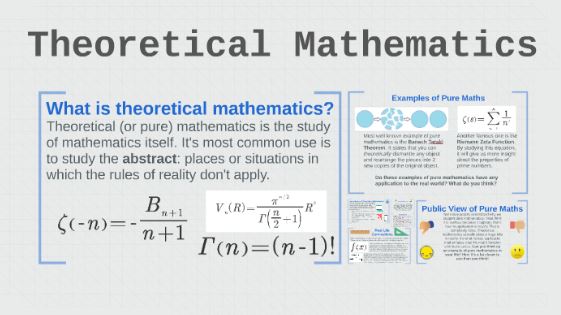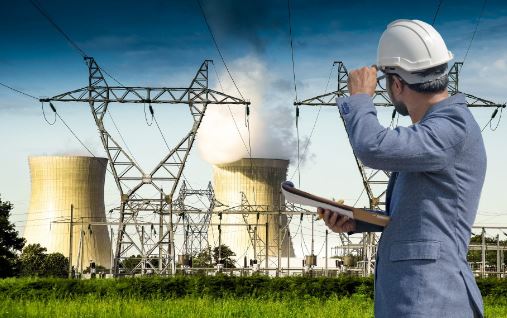1. Quantum Physics
A degree in quantum physics delves into the fundamental ideas that control how matter and energy behave on the tiniest sizes. It entails researching concepts like wave-particle duality, entanglement, and superposition. Quantum mechanics, experimental methods, and advanced mathematics are all covered in the curriculum. Due to its complexity, quantum physics presents a challenge for students to understand ideas that seem counterintuitive, such as particles that exist in several states at once. The complexity of the field stems from its departure from classical physics, necessitating a profound comprehension of abstract mathematical structures such as Hilbert spaces. Graduates can work in fundamental science, research, technology, or academia, advancing fields like quantum computing and communications.

2. Astrophysics
Astrophysics is a subfield of astronomy that makes use of physics and chemical concepts to comprehend the composition, characteristics, and behavior of celestial objects as well as the enormous structures that make up the cosmos. It investigates cosmic phenomena including black holes, dark matter, and dark energy in addition to phenomena like the origin and evolution of stars, galaxies, and planetary systems. To solve the secrets of the universe, astronomers use observations, theoretical models, and state-of-the-art equipment like satellites and telescopes. Many areas of physics, such as relativity, thermodynamics, electromagnetic, and classical mechanics, are intersected by this multidisciplinary discipline. Increasing our understanding of the universe and our place in it is made possible in large part by astrophysics.

3. Theoretical Mathematics
A subfield of mathematics known as theoretical mathematics concentrates on the creation and study of abstract ideas and structures, usually with less emphasis on practical applications. In this area of research, mathematicians prove theorems, develop and examine mathematical ideas, and build logical connections within mathematical frameworks. Pure mathematics, mathematical logic, set theory, number theory, and abstract algebra are some of the subfields of theoretical mathematics. The goal of theoretical mathematicians’ work is frequently to extract fundamental truths and general principles with wide-ranging applicability in many mathematical fields. Even though theoretical mathematics may not always have immediate applications in the real world, over time, its discoveries frequently pave the way for innovations in other applied and scientific domains.

4. Neurosurgery
A neurosurgery degree involves a rigorous educational journey. After completing a bachelor’s degree with a focus on sciences, aspiring neurosurgeons undergo four years of medical school. Subsequently, a demanding seven-year neurosurgery residency provides hands-on experience in various specialties, including trauma and pediatric neurosurgery. Optional fellowships offer further specialization. Licensing exams and board certification from entities like the American Board of Neurological Surgery are essential. Neurosurgeons dedicate themselves to ongoing education to stay abreast of advancements. The journey demands commitment, skill development, and a dedication to improving patient outcomes in the complex and critical field of neurosurgery.

5. Nuclear Engineering
The study of nuclear processes and their applications in industry, energy, and medicine is covered in a nuclear engineering degree. Students with a background in math, physics, and engineering work toward a bachelor’s degree. Radiation protection, nuclear materials, and reactor architecture are covered in depth in advanced education. It is essential to receive hands-on instruction in laboratories and internships. Graduates may work in nuclear safety, nuclear medicine, or power generating. It is possible to specialize in fields like fusion, radiation detection, or nuclear politics by pursuing master’s or doctoral degrees. In order to meet the world’s energy needs and advance technology while upholding safety and environmental regulations, nuclear engineers are essential.

A degree’s difficulty is arbitrary and frequently based on a student’s talent, interest, and passion. For some people, something that could be difficult might be interesting and fun for others. People are more likely to succeed in areas they are enthusiastic about, which enhances the learning experience. Even if degrees in different fields have their own set of complications, studying may be made much easier with a strong desire and commitment. Regardless of how challenging the degree may seem, the secret is to match academic goals with personal interests, encourage motivation, and make learning more enjoyable.






Leave a Reply